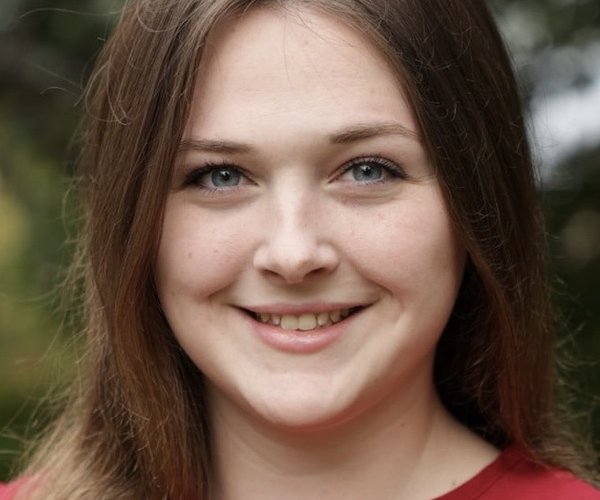So many things are supposed to be different right now. The Oxford College campus should be alive with students excited about graduation and nervous about all the work left to dobefore leaving for the summer. There should be Frisbees whizzing across our beautiful Quad in the center of campus. Retiring faculty members who have worked for decades should be having their celebrations alongside those graduating students. So much is so different, and I’m trying to do my best with my disappointment. I’m guessing that, for so many of you, there’s a list of these “it was supposed to be” phrases too.
Like you, I’ve had to adjust, be flexible, and wait. In the words of children’s book author, Mo Willems, in his Elephant and Piggie series, Waiting is Not Easy (check it out, it’s a great book for all of us right now). Nevertheless, we must wait.
All of this makes me think of a story about one of our students from some years back, a story I witnessed first-hand. Things were supposed to be different for the student in this story.
It was the winter chorale concert, your typical December concert with rich music and good direction, a wonderful strings ensemble, and a lively atmosphere.
The string ensemble performed in the middle of the concert – one piece before intermission and the other following. The piece they welcomed us back with was Bach’s Concerto in D minor. Only something was different. For every other piece of music that night – with both the chorale and string ensemble – a professional accompanist played. However, for Bach’s Concerto one of our students sat down to the piano without sheet music and began to play the piano accompaniment for the string ensemble. I’m sure she had practiced and practiced for this.
I stretched my neck around the people in front of me to get a better look. Sure enough, no music – all from memory. She was doing quite well until a couple of minutes into it when she suddenly stopped. No one quite knew what was happening. The other students playing were confused too until we could hear her faintly whisper, “I’m so sorry. I messed up.” She looked at them and they looked at her. Then she turned to look to her choral director, Dr. Archetto, who was sitting off to the side. Dr. Archetto looked at her and said calmly, “Start again.” So, she did.
They began again, and it was even better this time. A couple of minutes in, though, it happened again. “She forgot her place again,” someone next to me whispered. The room was awkwardly quiet for a moment and just at the beginning of her apology to us as a bright shade of red filled her face, the audience erupted in applause. One by one, we all began to stand and offer our applause. Some people whistled and even yelled for her. She was astonished, overwhelmed, and so were we.
I found out later that she had practiced at length for that moment. She told me, “It wasn’t supposed to be like that.” Somehow, the audience knew this, which is why, I’m convinced, we erupted in spontaneous applause and turned the way it was supposed to be into the way it was.
Things right now are not the way we have known them. Lots of our routines, rhythms, and rituals have been interrupted, postponed, and cancelled. Yet, we are continuing to find our way through this.
It wasn’t supposed to be like this and yet this is the way it is. We will get through it. There will be pain, loss, and grief. We will also learn a lot, rely on each other more (as we’ve already been doing), and discover new ways to have hope.
In the midst of it all, I encourage us all to remember these “instructions for living a life” from Mary Oliver’s poem, “Sometimes” in the book, Redbird:
“Pay attention. Be astonished. Tell about it.”
The Rev. Dr. Lyn Pace is the college chaplain at Oxford College of Emory University.





